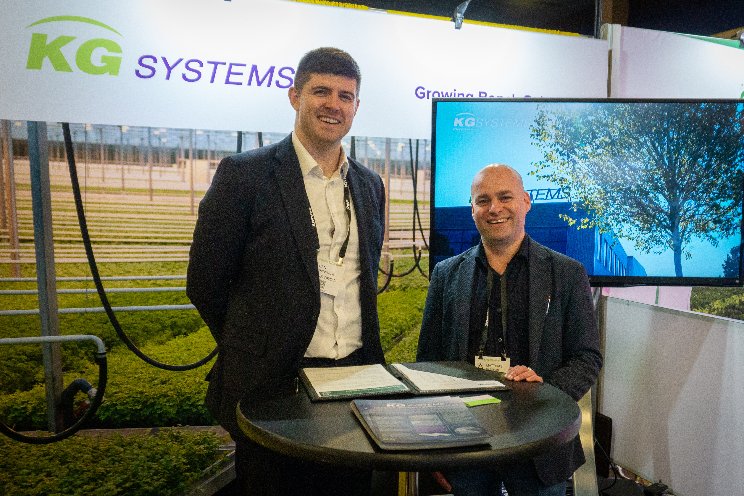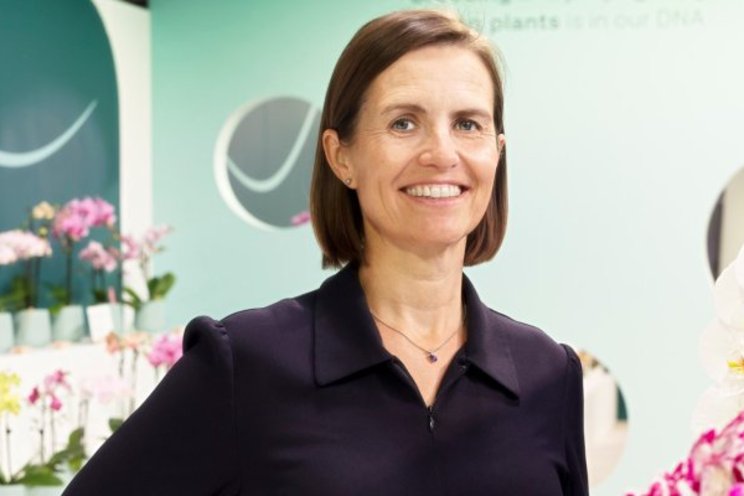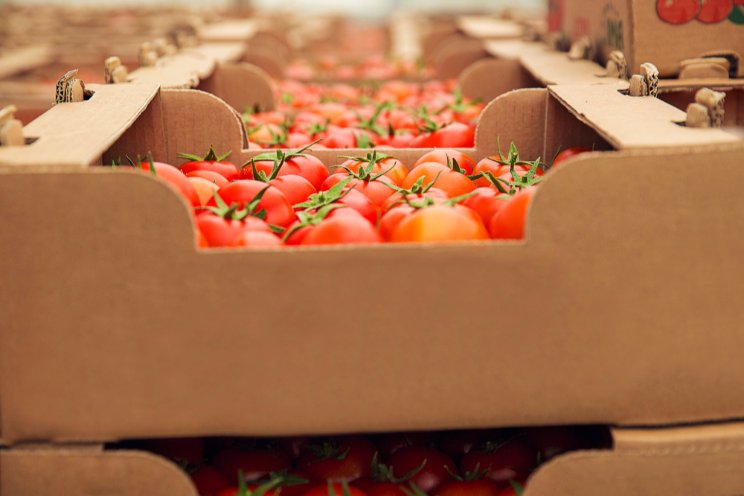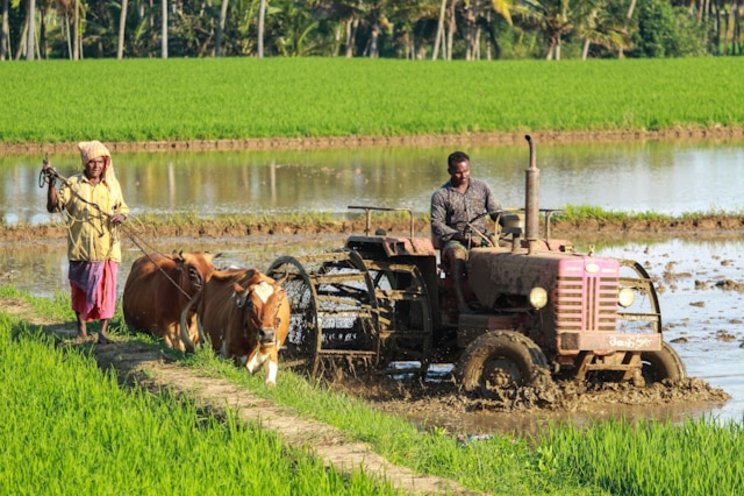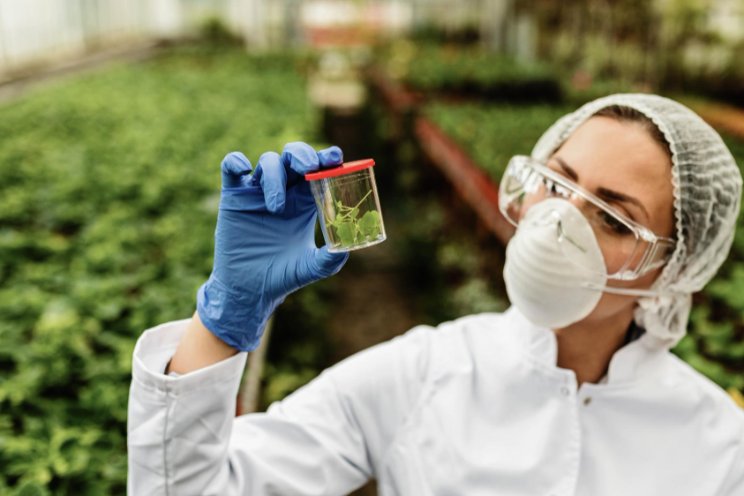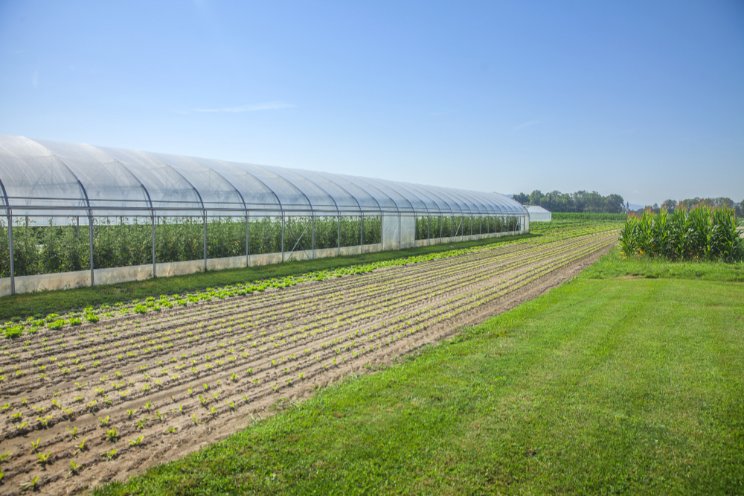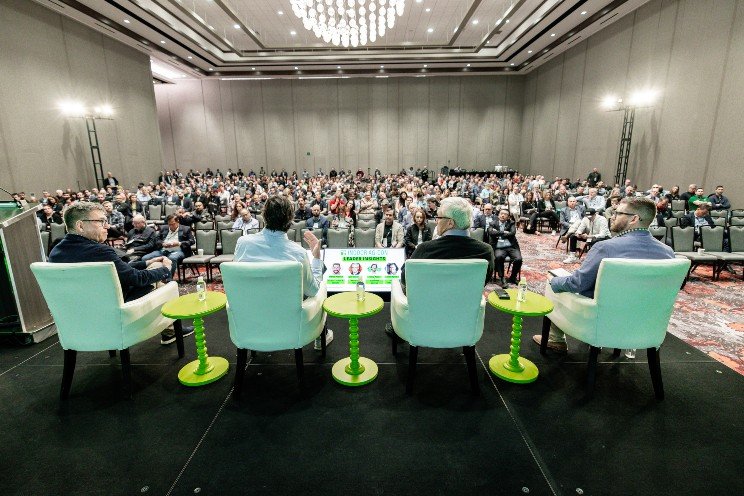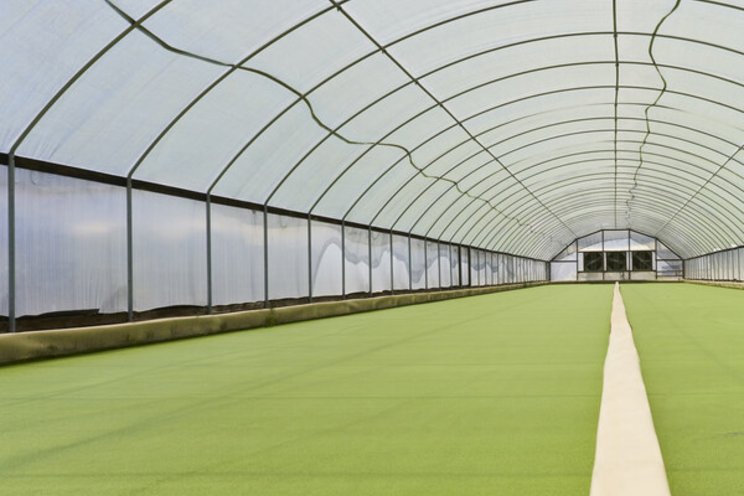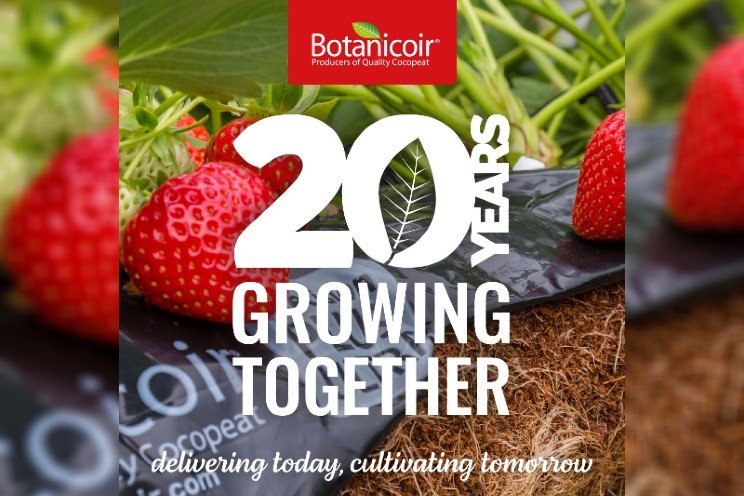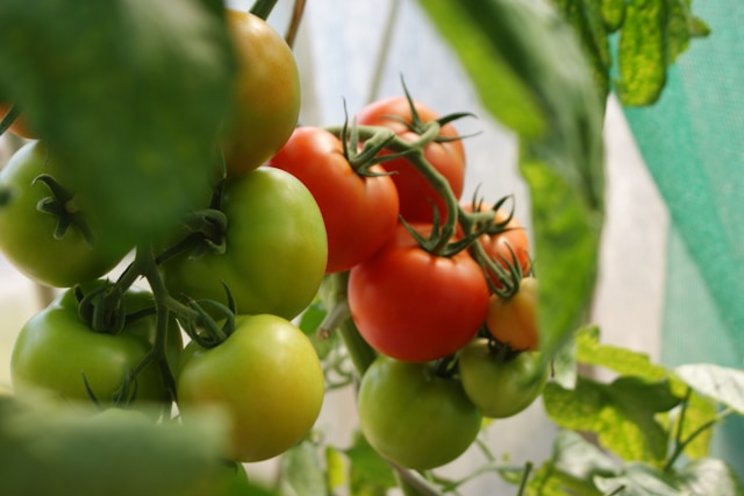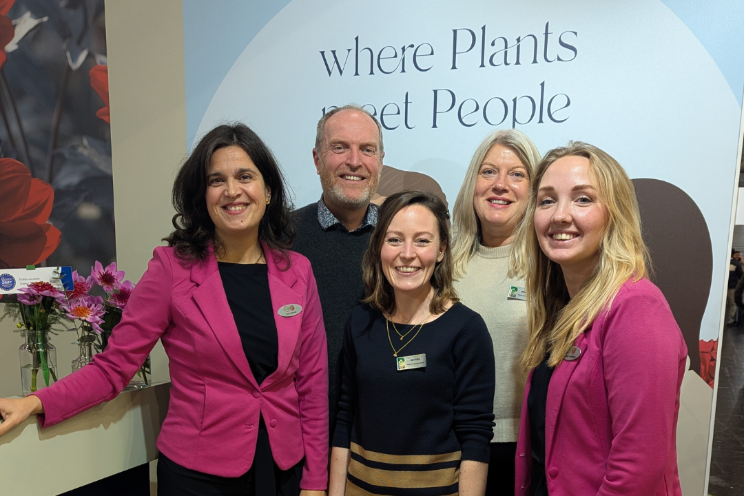Changing the future of food
Added on 19 June 2023

The current challenges that climate change is posing:
- The global food system is an important contributor to climate change, as the fossil fuels industry.
- Farming practices are depleting our soil and freshwater resources.
- Excess use of fertilizers is creating dead zones in our oceans, rivers, and lakes. 90% of our fisheries are at risk or in decline.
- Production is focused on a few breadbaskets that are failing due to climate change.
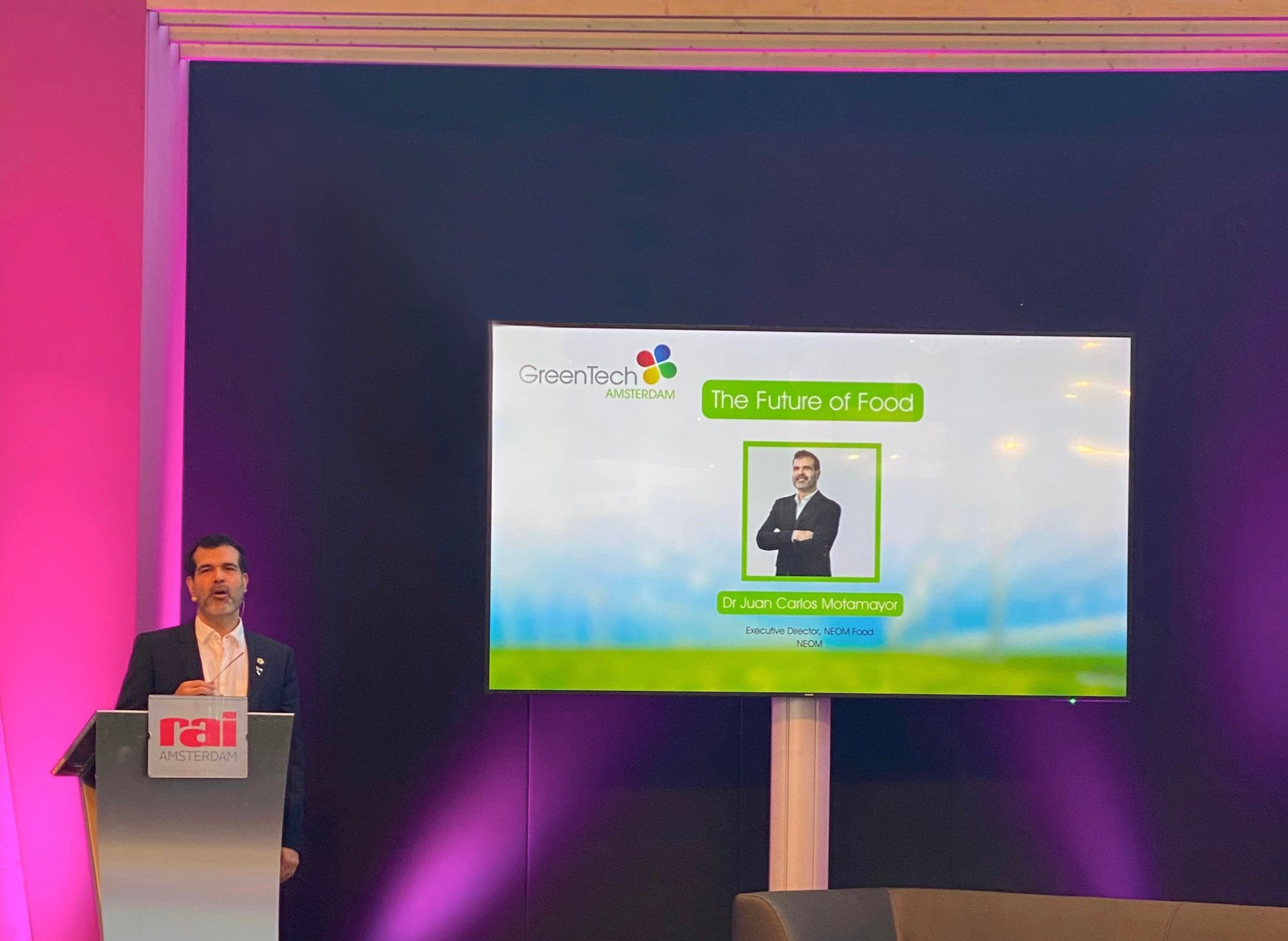
Dr Juan Carlos Motamayor, Executive Director, NEOM Food
“Most modern agricultural practices were developed at a time when climate change was not the reality it is now. Now, the agricultural model is making climate change worse and climate change in turn makes our current food production model unsustainable. It’s a vicious circle that we urgently need to break. We must produce more with less. Less land. Less water. Particularly in arid conditions like in the Middle East.”
“According to Dr Motamayor, we can no longer afford to put all our eggs in one basket. Or even a few breadbaskets, meaning relying on a few world regions exporting most of the calories consumed worldwide. More importantly, we need to learn how to produce food in the face of the challenges that climate change is posing.”
What is NEOM Food doing?
“NEOM is a region in the northwest of Saudi Arabia. We face an extreme climate for food production – the same climate that, due to climate change, more and more countries will face in the near future.”
“At NEOM Food, we’re a fast-growing, international community of innovators, entrepreneurs and scientists who are developing, testing, and commercializing new ideas and new technologies to develop future-forward industries that tackle the key challenges humanity is facing today.”
“We’re fortunate that our region is a living laboratory and testbed, where we have the freedom to try out new approaches to living and working, including all aspects of the food chain – from production to consumption.”
“Our key focus in the Food Sector, one of the fourteen sectors being developed in NEOM, is to learn how to grow crops efficiently in desert conditions, using production systems best suited to extreme heat and water scarcity.”
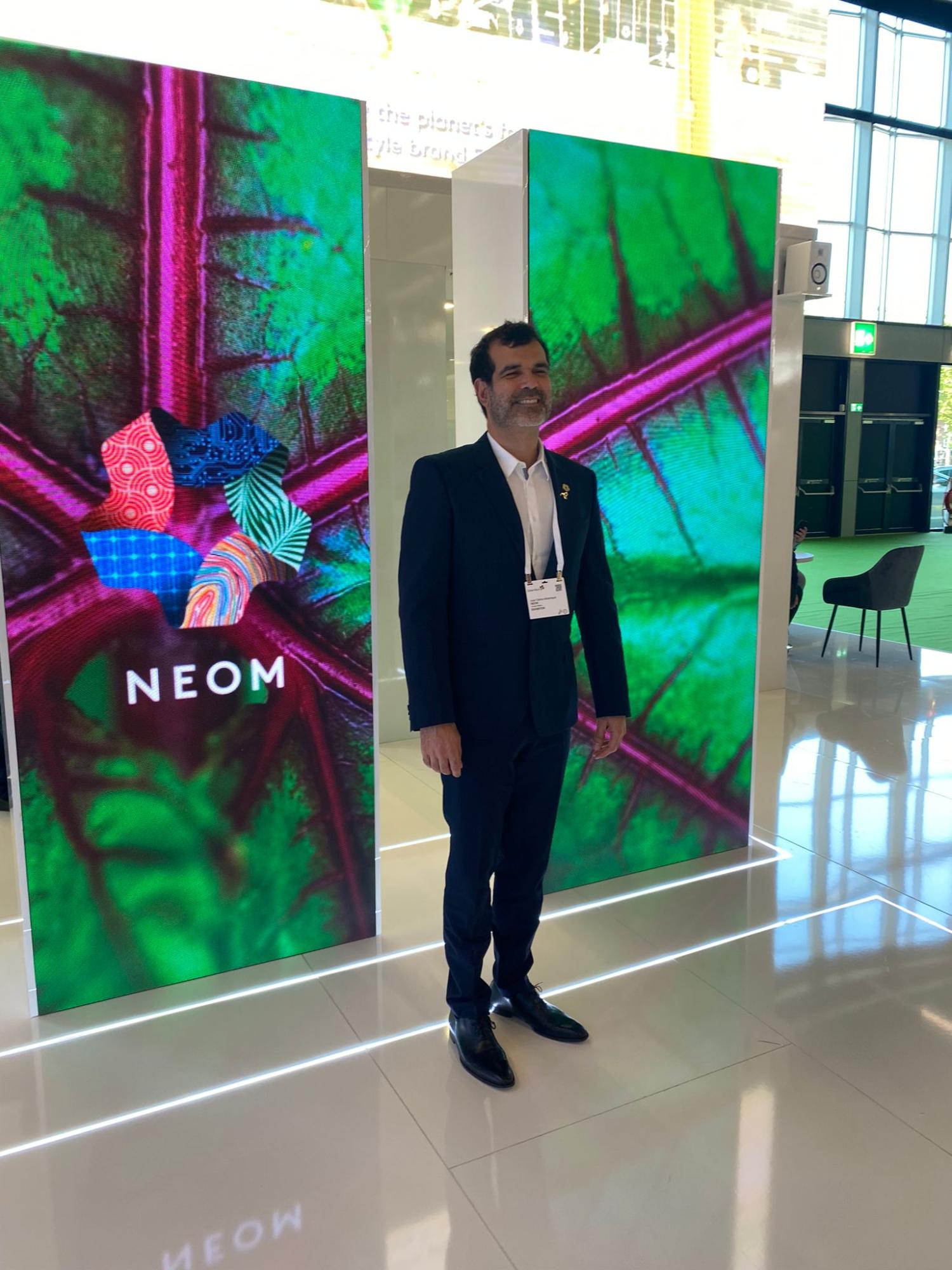
Dr Juan Carlos Motamayor, Executive Director, NEOM Food
“We are currently piloting large-scale technological projects to test various combinations of technology that will lead to food self-sufficiency and mitigate climate change by reducing food miles.”
“Indeed, reducing food miles could be achieved by decentralizing food production. Projections on climate change indicate that even if we completely halt fossil fuel use now, without addressing emissions from the food industry, we would still fail to reach the 1.5°C maximum warming target by the end of the century. Moreover, food transportation contributes significantly to the emissions generated by the Food industry.”
“A crucial aspect we are addressing is the efficient use of water. Due to resource overuse and climate change, the gap between global water supply and demand is projected to reach 40% by 2030.”
“Our commitment to nature conservation in NEOM makes us EXCLUDE the use of natural aquifers, instead, we are developing agriculture based on desalinated water, which, of course, involves additional production costs.”
“The challenges we face are daunting, but they are not insurmountable. With creativity, collaboration, and commitment, we can develop the solutions we need to grow crops under extreme heat and water scarcity, to adapt to and mitigate the impacts of climate change, and to create a more sustainable and equitable world. The future of our planet, and of all life on it, depends on our actions today. Let’s rise to this challenge. Together, let’s grow tomorrow’s agricultural system.”
More news
